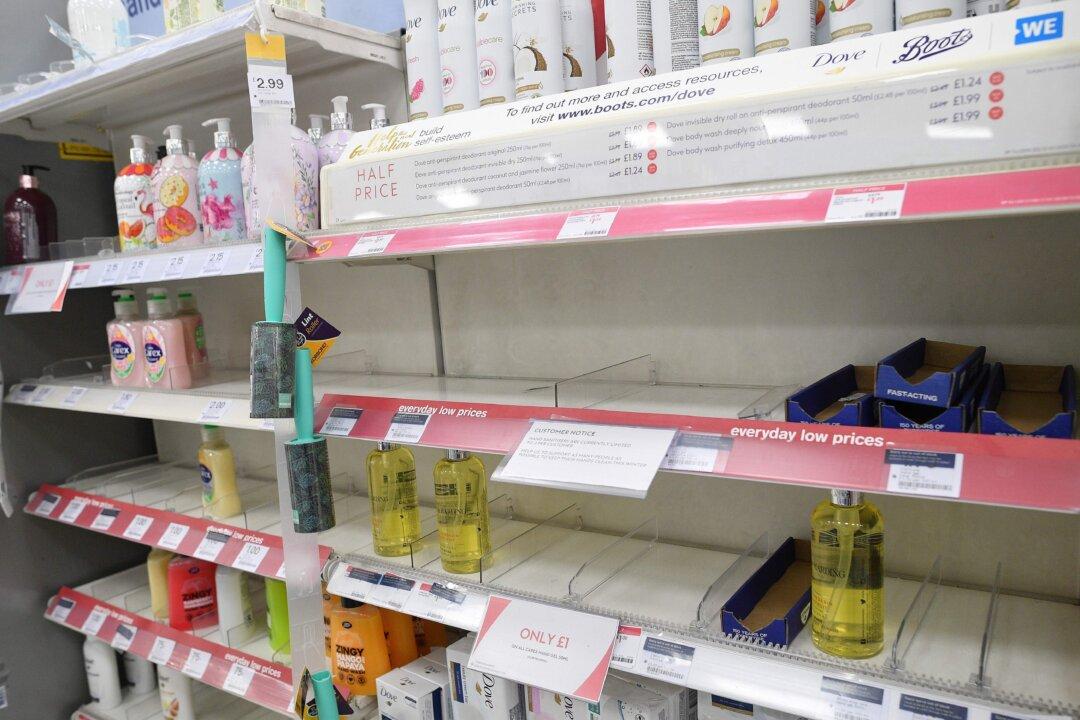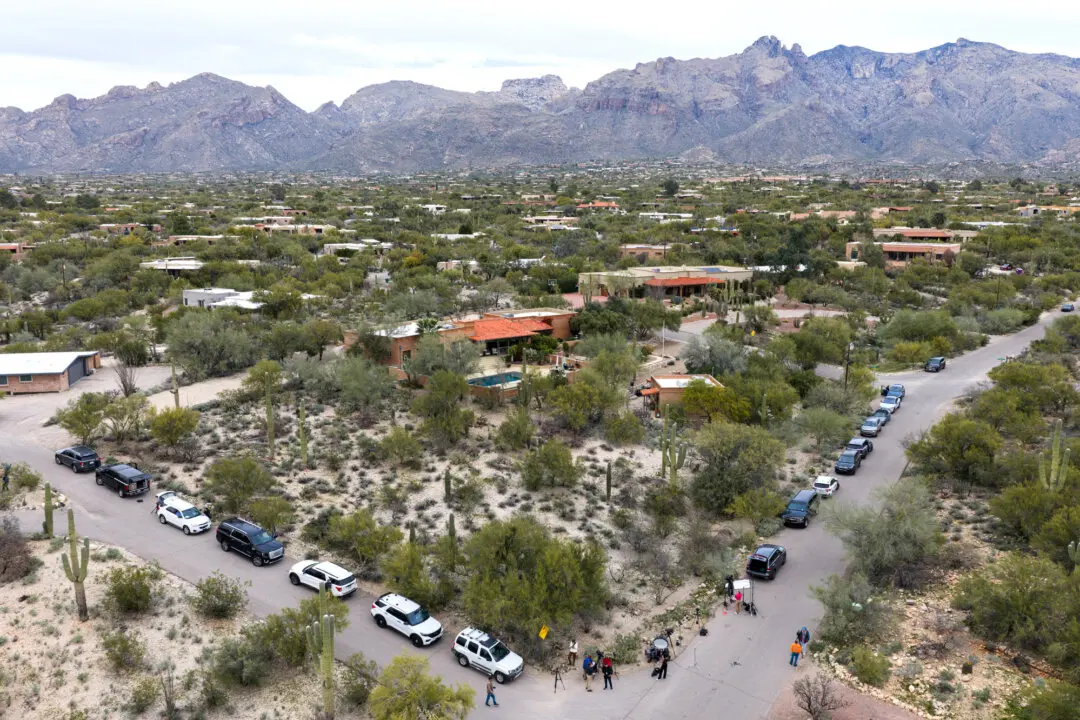A Tennessee man who was featured in a weekend New York Times report said he donated the 17,700 bottles of hand sanitizer that he and his brother had hoarded amid the coronavirus outbreak.
Tennessee authorities said they would investigate Matt Colvin after he was profiled in The New York Times, which reported that Colvin admitted that he and his brother, Noah, traveled to stores around Tennessee and Kentucky to procure the products before selling them for a much higher price on Amazon and eBay. However, according to Colvin, the two websites banned him after he sold a few dozen for a higher markup.





